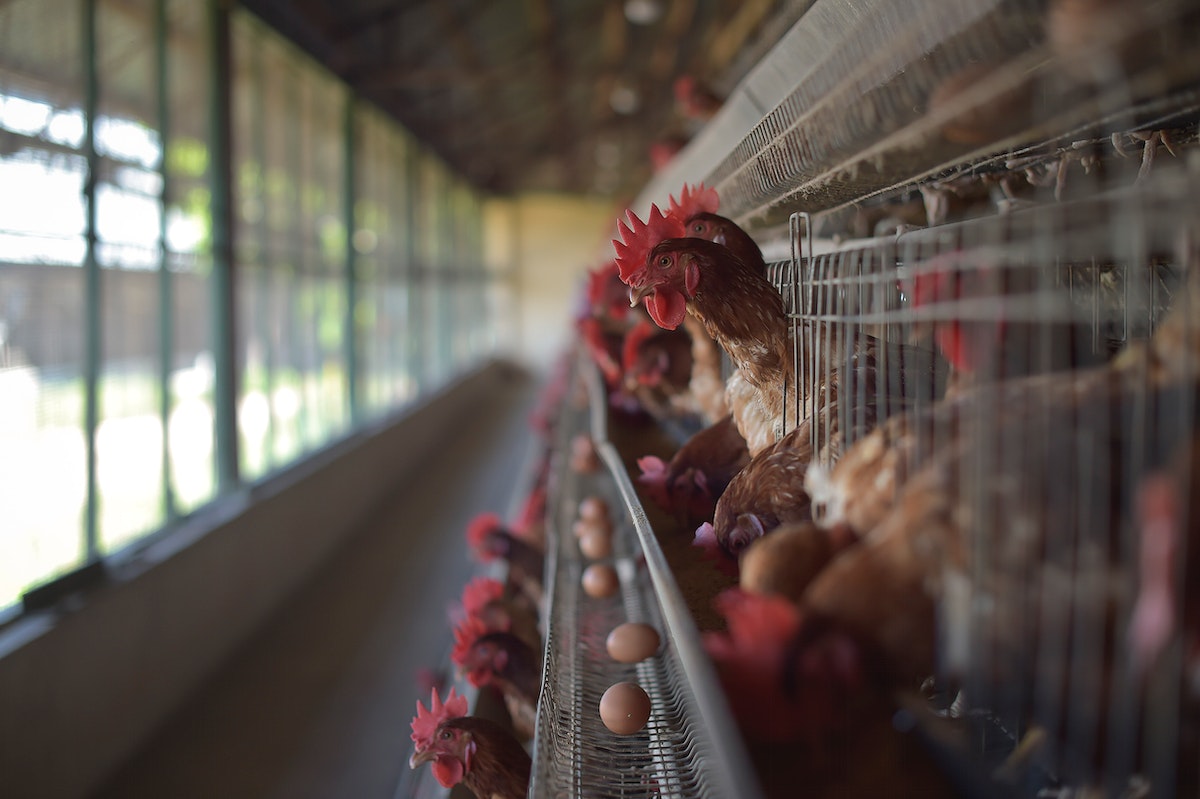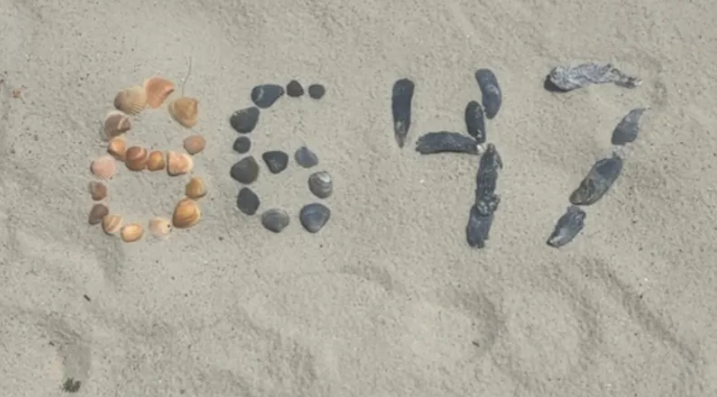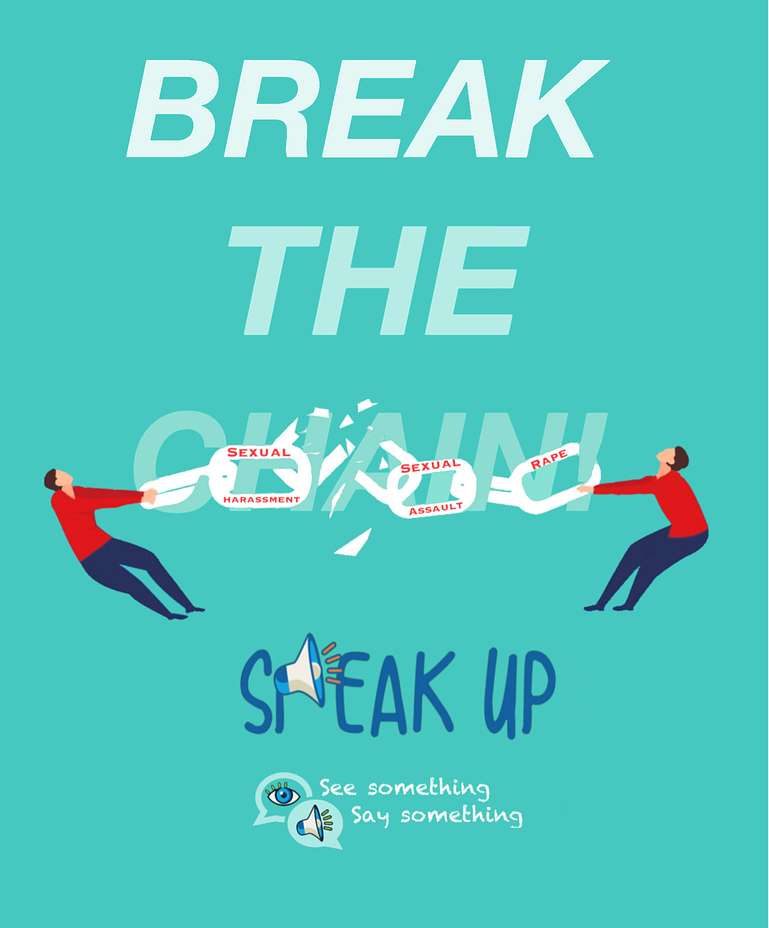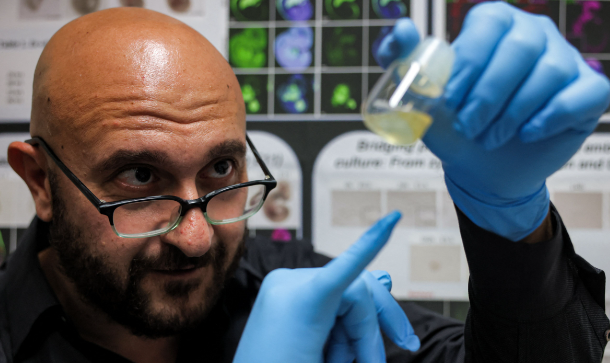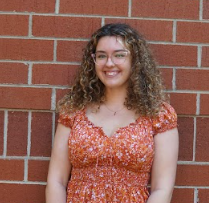A team led by Dr Jacob Hanna at the Weizmann Institute in Israel has created the most complete synthetic lab developed human embryo from stem cells. The embryo is 14 days old and has turned a pregnancy test positive.
This synthetic embryo was only created using stem cells, meaning no egg or sperm was needed. The scientists told Nature that they built this study from a previous lab experiment of creating mouse embryos completed in March of 2021. Chemicals are used to develop the stem cells into the basic cells needed for human embryo growth.
Peter Rugg-Gunn, a scientist from Babraham Institute, told the Guardian, “this embryo model would not be able to develop if transferred into a womb, because it bypasses the stage needed to attach to the womb lining,” That is because the Weizmann Institute’s goal is to use this medical advancement to better understand fertility issues and to cure sick patients.
Pregnant women and babies are not allowed to be in most experimental clinical trials, meaning there is limited information regarding pregnancies. They can use these synthetic embryos to test the effects drugs have on developing embryos still in the womb. These clinical trials can help solve the unknown of miscarriages, congenital diseases, and birth defects that were before unattainable.
Dr James Briscoe at Francis Crick Institute in London told Sky News that the research “is a step towards opening a window on the period of human development where many pregnancies fail and which has been really difficult to study up until now.”
Ill patients will also benefit from this research. If a sick person donates skin cells to the lab, they can grow embryos that are specific to that genetic code. This matters because the organ cells the scientists will harvest can then be used to cure that person, depending on the illness.
The scientists do make sure to alter the genetics of the embryo to make sure it does not develop a nervous system and brain, so it is not aware and does not feel pain. This is still uncharted territory and many people are having ethical problems with it.
When Dr. Hana was asked about the ethical drawbacks, he told the Guardian, “do they have the right to give their own skin cells to make an embryo model and make cells that will save their lives or solve their medical need? That is the scenario that should be considered.”
Many countries have laws that manage how long you can grow a synthetic embryo. For example, British law makes it illegal to grow an embryo for longer than 14 days. This embryo is special because it was artificially grown, not genetically, meaning the laws do not apply to this lab experiment.
Hana decided to stop developing the human embryo after 14 days. This is just the beginning for synthetic embryos and the wealth of information they hold.



